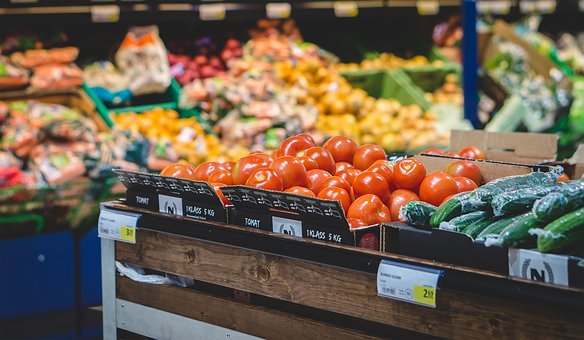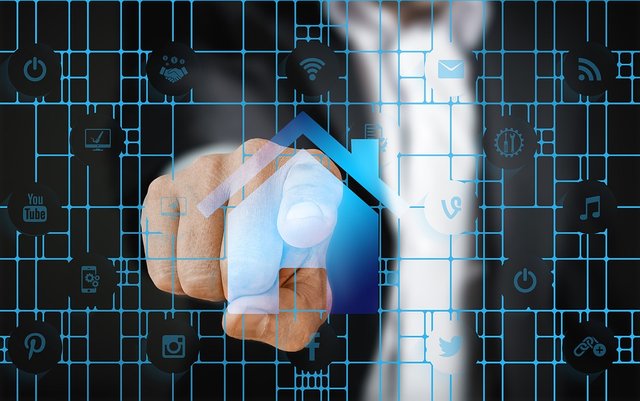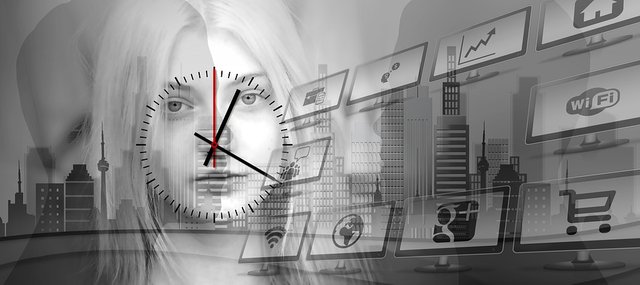Convenience: What Gives Also Takes Away
The definition of convenience, according to the Oxford English Dictionary, is: The state of being able to proceed with something without difficulty.

In the western world, convenience is now a ubiquitous idea. Simply put, it is everywhere.
I can get fresh fruit and vegetables in the dead of winter, thanks to advances in shipping and logistics. In fact, I can now receive these household staples via Amazon or other grocery delivery services without ever leaving my home.
This is a major win for those looking to squeeze every second out of every day, seeking freedom from the monotony of tasks that can now be doled out to someone else.
What giveth also taketh away

"Amusing Ourselves to Death", author Neil Postman's critique of technology's role in our lives and our society's public discourse is a brilliant analysis of the perils of modern media. In the book, Postman discusses how advances in technology, while providing increasing levels of convenience, also have the effect of taking something away.
The ability for us to watch endless series of videos, movies, and television programs has been a boon for those seeking to be constantly entertained. But it has brought with it a decrease in the number of people reading and writing, and thus has reduced our ability to eloquently express ourselves and communicate thoughtfully.
Technological increases have given us the ability to access almost anything we can dream up in regards to information. Yet this glut of information has overloaded our ability to sift through and make sense of an endless stream of data.
Advances in car technology has given us shiny new features but have also created an increasing amount of components that can fail and cause undue stress for the owner.
Increased automation leads to increased indifference

The urge to automate and delegate is a logical move towards freeing our time up for more meaningful pursuits. Who doesn't want to have more time for skiing as a result of spending less time shopping, responding to email, and cleaning our homes?
But at the same time, the more our lives become automated, the easier it is to become disconnected from our day to day functions.
It is usually the mark of a successful person when they can afford to assign all of their chores and undesired tasks to another person. To some degree, the more wealthy a person becomes, the less cumbersome duties they have to undertake.
Appreciation can be lost as a result

This isn't true across the board. In my day job as a gardener, I work for a wide selection of wealthy individuals. Many of these people delegate most of their life to someone else, yet are still able to empathize with those less fortunate than themselves.
But what happens when you never have to take out the trash, go to the grocery store, clean your bathroom, or do the laundry? If you aren't careful, you fill the space with new stressful activities. I've seen a few clients who, despite their massive wealth, can't seem to decide what they want from life, and are constantly selling their house, moving somewhere else, and then repeating the process again in another few months.
Regarding technology advancement and individual economic advancement, we are always looking at what is gained from this progress. But if we don't stop to look at what is lost, we won't fully understand what has happened and will lose an appreciation for what has been gained.
All uncredited pictures from the pixabay.com